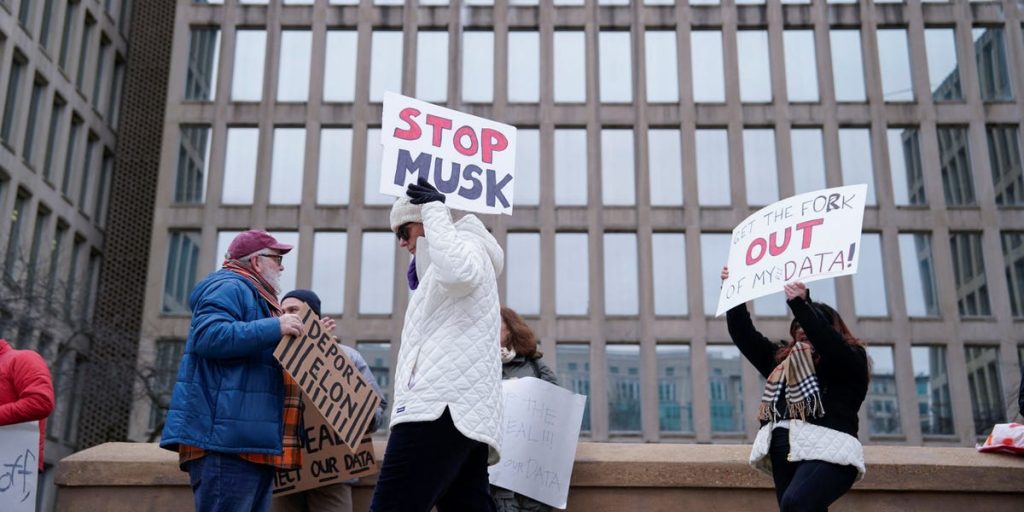Wages in the US are outperforming those in other affluent democracies. Adjusted for inflation, Canada and the US are the only G7 nations where earnings have risen since 2019. Although inflation peaked in 2022, it has since slowed significantly, with rising costs primarily attributable to housing and gas. The United States is at the forefront of real wage growth among the world’s wealthiest democracies.
Data from the OECD reveals that from 2019 to 2023, average wages in the United States and Canada increased by 5.2% and 3.6%, respectively, when adjusted for inflation. In contrast, the pay of workers in other G7 countries — a group of advanced democratic economies — has not kept pace with inflation, leading to a decrease in real wages since 2019. In Italy, for instance, the average wage fell by 5.7% during this period. Japan is experiencing inflation this year that has reached a 19-month high, continuing a trend of a weakened yen coupled with declining real wages.
The OECD’s metrics account for variations in the cost of living and inflation, allowing for an accurate comparison of purchasing power across countries. Despite ongoing inflationary pressures in the US — primarily from housing, energy, and gasoline — the overall growth in prices has decelerated markedly since the peaks of 2022. As of January, inflation was reported at 3% year-over-year, while the consumer price index increased by only 1.8% in France and 2.4% in Canada.
Recently, the price of eggs in the US has become a particular concern; the cost of a dozen Grade A large eggs has doubled in the past year, according to the Bureau of Labor Statistics. While inflation appears to be slowing, the Federal Reserve has refrained from further interest rate cuts this year, despite pressure from President Donald Trump to continue lowering rates. Fed Chair Jerome Powell addressed the House Financial Services Committee in February, remarking that “the economy is strong overall.” He communicated his priorities in terms of policy restraint were to maintain price stability and optimize employment.
Although new jobs added fell short of forecasts in January, the unemployment rate declined to 4%, which is historically low. Additionally, real GDP is projected to have grown by 2.3% year-over-year in 2024, with consumer spending offsetting declines in investment, according to the latest data. Beyond economic indicators, public opinion appears divided along party lines regarding the economic outlook for 2025. According to recent Pew Research polls, 64% of Democrats believe the economy will worsen, while 73% of Republicans are optimistic about improvement.
A majority of the population expresses hope for decreasing gasoline prices, yet many are wary of potential rises in housing, food, and healthcare costs. Trump campaigned on promises to reduce grocery and gas prices and appointed pro-oil and gas officials to carry out his “drill baby drill” strategy. However, it remains uncertain whether companies are capable or willing to increase oil production beyond current record levels. Regarding food prices, Trump has since moderated his stance, acknowledging that reducing grocery prices is “very hard.” Economists and industry leaders have also warned that his proposed tariffs could drive up costs for various goods.
In the meantime, Powell has reiterated that the central bank operates independently of political influence, maintaining close surveillance of market trends before deciding on any intervention. “If the labor market were to weaken unexpectedly or inflation were to decrease more rapidly than expected, we can adjust policy accordingly,” Powell stated to the House committee last week.







